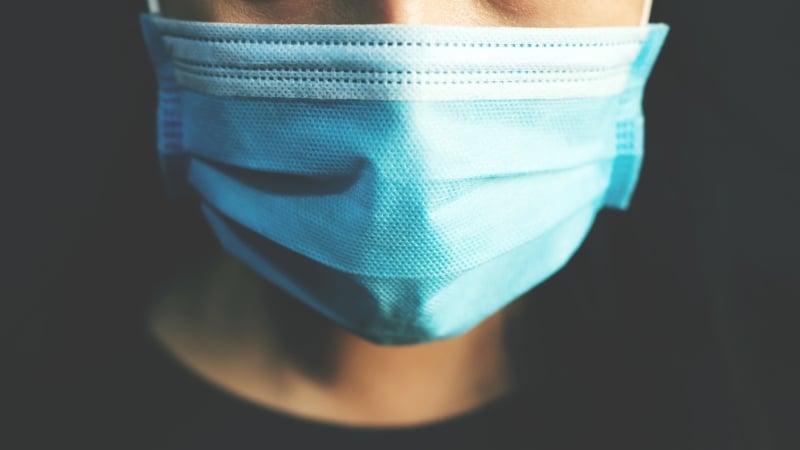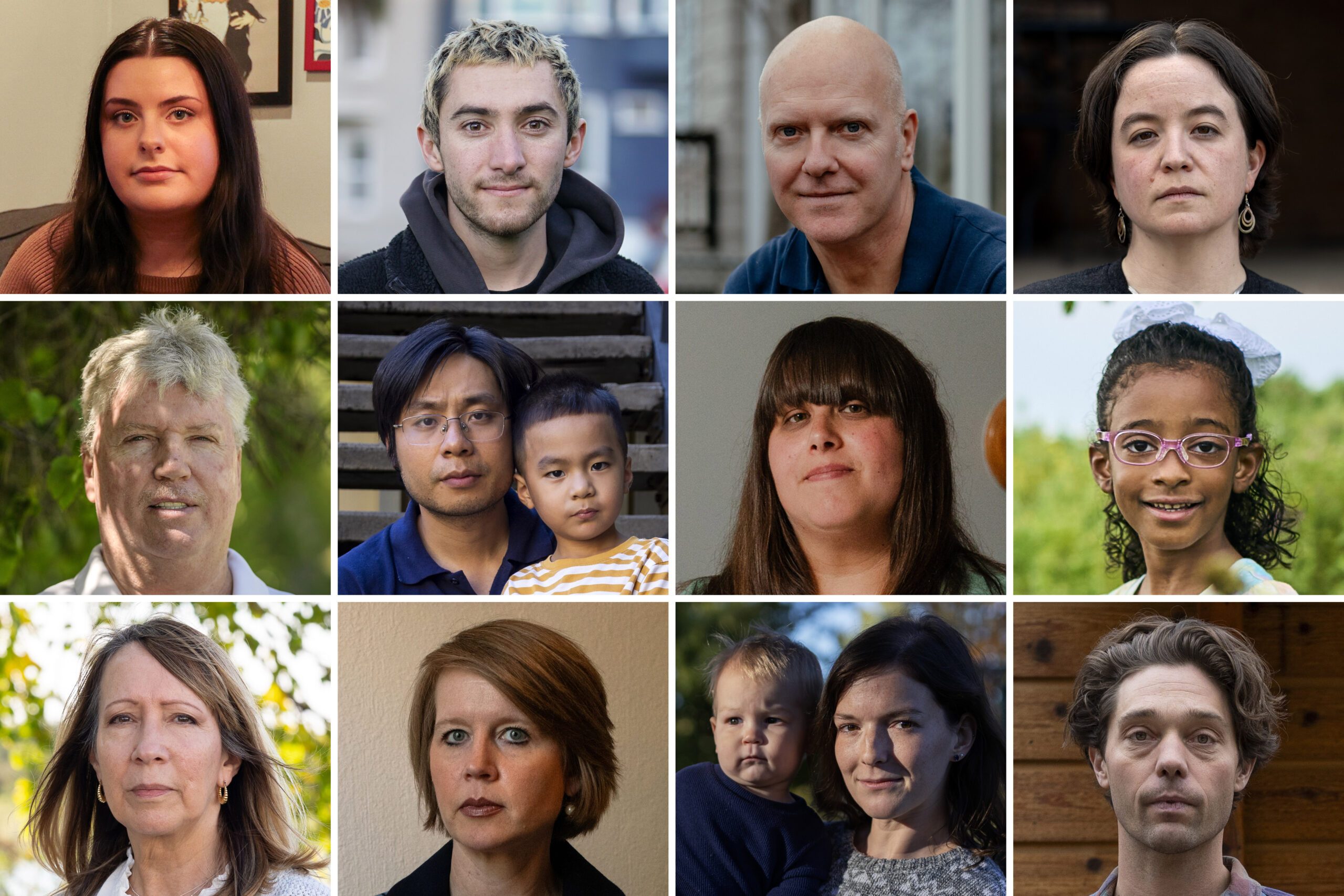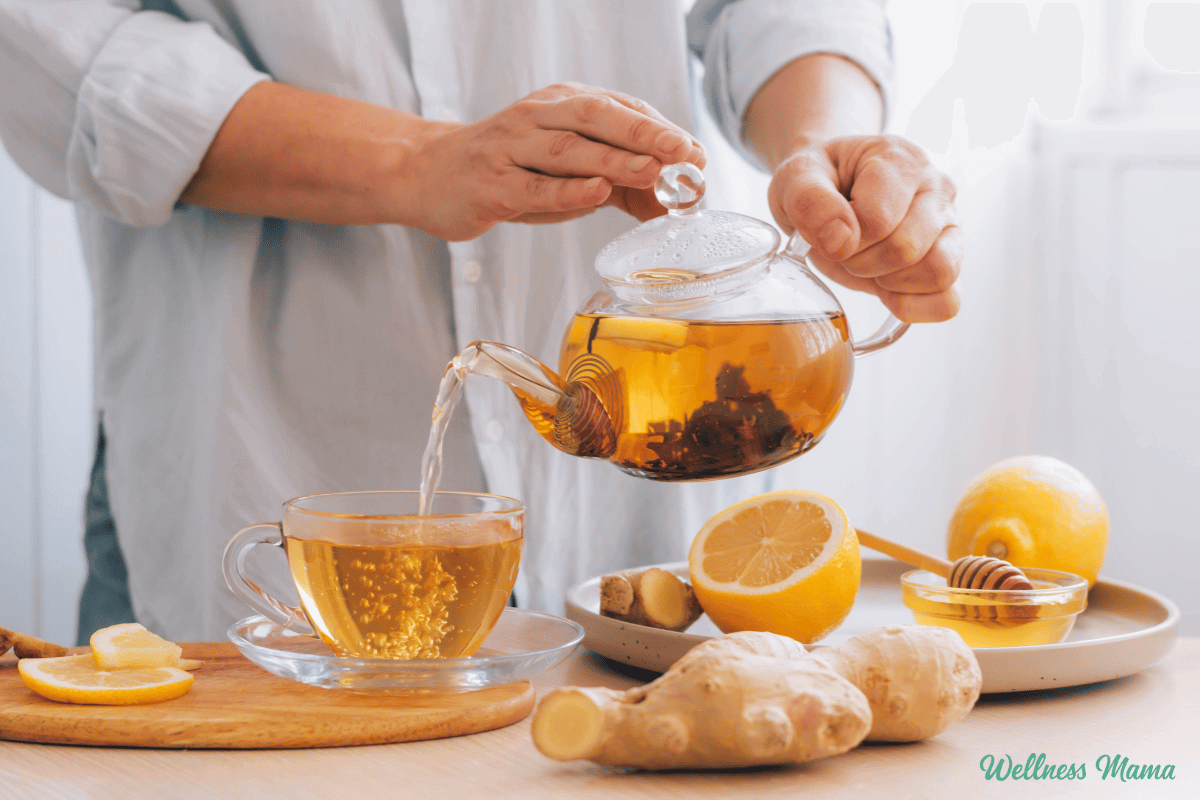What is COVID-19?
COVID-19 is a disease caused by a new strain of coronavirus. ‘CO’ stands for corona, ‘VI’ for virus and ‘D’ for the disease. The COVID-19 virus is a new virus linked to the same family of viruses as Severe Acute Respiratory Syndrome (SARS) and some types of the common cold.
Symptoms can include fever, cough and shortness of breath. In more severe cases, the infection can cause pneumonia or breathing difficulties. More rarely, the disease can be fatal.
These symptoms are similar to the flu (influenza) or the common cold, which are a lot more common than COVID-19. This is why testing is required to confirm if someone has COVID-19.
The virus is transmitted through direct contact with respiratory droplets of an infected person (generated through coughing and sneezing).
Individuals can also be infected from and touching surfaces contaminated with the virus and touching their face (e.g., eyes, nose, mouth). The COVID-19 virus may survive on surfaces for several hours, but simple disinfectants can kill it.
We are learning more about how COVID-19 affects people every day. Older people, and people with chronic medical conditions, such as diabetes and heart disease, appear to be more at risk of developing severe symptoms. We know it is possible for people of any age to be infected with the virus, but so far there are relatively few cases of COVID-19 reported among children.
Currently, there is no available vaccine for COVID-19. However, many of the symptoms can be treated and getting early care from a healthcare provider can make the disease less dangerous. There are several clinical trials that are being tested as potential solutions for treating COVID-19.
How is COVID-19 affecting the world?
The wellness wheel illustrates a wellness model with eight dimensions: social, physical, emotional, occupational, spiritual, intellectual, environmental, and financial. All of the dimensions are interconnected and important to a well-rounded and balanced lifestyle. It reminds us that we need to work in different aspects of our lives to increase our sense of well-being.
The COVID-19 pandemic has taken a significant toll on people all across the world. Based on the wellness model, here are some ways that people have been impacted by the virus.
Social — Social distancing can make you feel isolated, alone, and disconnected. Not having regular group gatherings, going out with friends, and missing out on visits with family can make you feel disconnected and alone. I encourage you to maintain meaningful interactions with your social supports while practicing social distancing.
Physical— If your physical exercise routine was outdoors, in the gym or in groups, this has likely been limited by recent events. It can be especially hard to create a new routine of physical activity when you need to stay at home. It could feel so overwhelming that you just decide not to try. That feeling is normal.
Emotional— The current situation can be uncertain at times, feeling fearful or experiencing a sense of loss of your previous routine and plans is expected. Watching the news constantly does not help decrease the uncertainty, it could actually make your fear even more intense. It’s important to strike a balance between staying informed and not obsessing over media.
Spiritual — Your sense of purpose and values could be impacted by how you perceive other people’s’ choices, behaviours and realities during this time. Reconnecting with your sense of purpose when so much has changed in such a short time can be challenging.
Intellectual — The impact of stress on our cognitive abilities is real. You could be experiencing difficulties concentrating, increased procrastination, and loss of interest in school work.
Occupational — If you are close to graduation this situation may be activating stress because it is not clear how this will impact your short-term future. It may feel a lot of aspects of your next step are out of your control, and that may be true.
Environmental— Currently, one prominent worry is for the whole community.
Financial — You may be worried about funding, your current or future job, and upcoming bills. You may be also worried about your family and friends’ financial situations.
When you lose balance within or between dimensions of wellness model, your sense of well-being decreases and you can experience distress. The current situation with COVID-19 has the potential to take you out of balance. Luckily, bringing greater attention to one or more areas can also help us restore balance in others. For example, it can be easier to feel emotionally balanced when our sense of social connection or physical health are both maintained.
You may have a usual set of strategies to keep your balance and meet your external and internal demands. The current situation with COVID-19 may impact some of those strategies. Below are some tips to help you develop new strategies to assist you in taking care of your mental and physical health during COVID-19.
1 — Stay Physically Active
- If you are at home, add a daily physical activity to your schedule.
- Reconnect with a sport that you haven’t done in a while (walking, jogging, cycling, etc.).
- Take advantage of the return of mild weather to enjoy outdoor activities. In addition to keeping you active, this will help to oxygenate your body.
- Consider purchasing equipment to exercise indoors (treadmill, stationary bicycle, etc.).
Photo by Jonny Kennaugh on Unsplash
2 — Eat Healthy
- Follow the recommendations of Canada’s Food Guide.
- Don’t snack out of boredom. Keep healthy snacks at hand to alleviate cravings (raw vegetables, fresh fruit, nuts, yogurt or low-fat cheese, etc.).
- Watch your portion sizes. When you have a lot of time on your hands, it’s easy to eat too much and risk gaining weight.
- Chew your food well and rediscover the pleasure of eating slowly. This helps you to eat less and to maintain a healthy weight.
- Eat together as a family whenever possible.
- Discover healthy new recipes.
Photo by Brooke Lark on Unsplash
3 — Establish a Sleep Routine
- Whether you are at home or at work during the crisis, give yourself quality sleep.
- Try to go to bed and to get up at about the same time every day.
- Review your bedtime routine.
- Reduce electronic device use, caffeine, alcohol and professional activities, or any other stimulating activities at least two hours before you go to bed.
- Choose relaxing activities like reading, meditating, listening to soft music, taking a bath, doing a puzzle, etc.
Photo by Kinga Cichewicz on Unsplash
4 — Prioritize Health and Safety
- Stay at home
- Avoid group gatherings, do virtual visits instead (i.e. Zoom).
- If in public, keep a walking distance by 6 feet.
- Covering mouth and nose with flexed elbow or tissue when coughing or sneezing.
- Quit smoking.
- Washing hands often with soap and water for 20 seconds.
- Cleaning frequently touched surfaces and objects.
Photo by Gabriel Benois on Unsplash
5 — Take Care of Mental Health
- Learn to better manage stress.
- Live in the moment (“in the here and now”). Don’t dwell on the past and don’t project yourself in the future. Avoid brooding and anticipation.
- Provide daily acts of kindness (taking care of others). A kind thought or attention, a small gift, a pleasant surprise, a meal lovingly prepared, etc. It has been scientifically proven that taking care of others promotes mental health.
- Take an interest in coronavirus-related news, but limit exposure time to the subject. Stick to reliable sources of information and take an interest in other subjects that are more positive.
- Limit the use of electronic devices. Discover new horizons!
- Focus on creativity and learning. Do you like to garden, draw, paint, do crafts, play music or write? Would you like to learn a new language or play a musical instrument? Take advantage of this downtime to nourish your brain in a positive way.
Photo by Priscilla Du Preez on Unsplash
Not everyone will follow the same ideas for self-care. Everyone’s situation is different, and everyone’s coping methods are different as well. It is ok to take care of your mental and physical health in a variety of ways.
We are going through unusual circumstances — it is normal to find this challenging, and to experience a wide range of emotions as we adjust. Don’t let the stress overwhelm you, and reach out if you need help.
We are all in this together, so let’s look out for each other and help one another through it.
…
References:
https://www.publichealthgreybruce.on.ca/COVID-19/What-is-COVID-19
https://www.wwltv.com/article/news/health/coronavirus/coronavirus-do-i-have-covid-19-the-flu-or-just-allergies/289-48011810-c6f7-4b6b-8108-95428b9afa29
https://food-guide.canada.ca/en/
https://time.com/5804130/covid-19-social-distancing-wellness/
—
This post was previously published on medium.com.
***
You may also like these posts on The Good Men Project:
 White Fragility: Talking to White People About Racism
White Fragility: Talking to White People About Racism  Escape the “Act Like a Man” Box
Escape the “Act Like a Man” Box  The Lack of Gentle Platonic Touch in Men’s Lives is a Killer
The Lack of Gentle Platonic Touch in Men’s Lives is a Killer  What We Talk About When We Talk About Men
What We Talk About When We Talk About Men —
Photo credit: Scott Broome on Unsplash
The post Together We Can Stay Healthy appeared first on The Good Men Project.
Original Article















